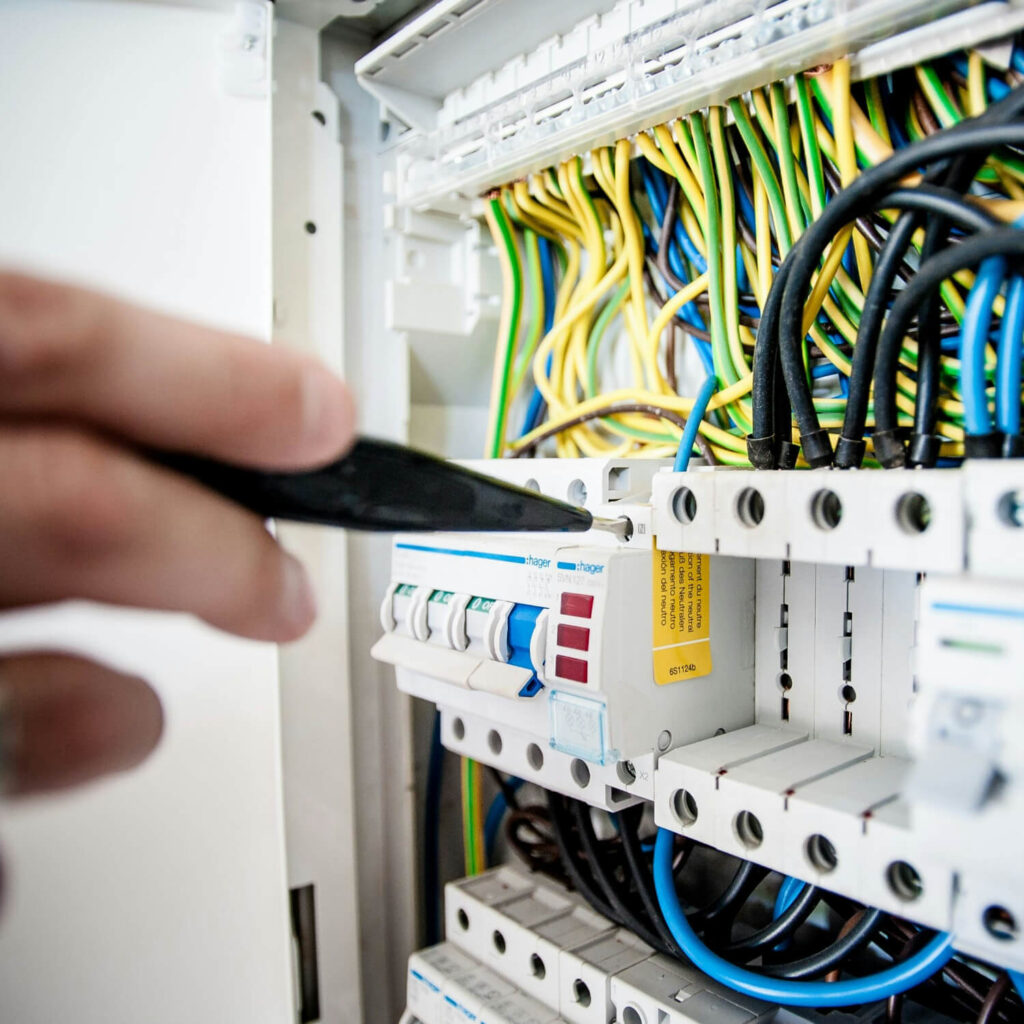
A well-designed and functional website is a crucial asset for businesses and organizations in today’s digital landscape. However, simply launching a website is not enough. Regular maintenance checks are essential to ensure optimal performance, security, and user experience. Let’s explore the importance of regular website maintenance checks and why they should be an integral part of your digital strategy.
What We'll Cover
Ensuring Website Performance
Regular maintenance checks help ensure that your website performs at its best, providing visitors with a seamless and enjoyable browsing experience. Key aspects of performance maintenance include:
Speed Optimization
We can’t understate the importance of site speed. It impacts just about everything. Optimizing website speed is critical for user satisfaction and search engine rankings. Regular checks can identify and address issues such as large file sizes, unnecessary plugins, or inefficient code that may slow down your site.
Mobile Responsiveness
With the increasing use of mobile devices for browsing, maintaining a mobile-responsive website is paramount. Regular checks ensure that your site displays properly across various screen sizes and devices, enhancing accessibility and user engagement. Maybe it’s worked before, but remember browsers are updated all the time.
Broken Links and Errors
Broken links, 404 errors, or other technical glitches can frustrate visitors and harm your website’s credibility. Regular maintenance checks help identify and fix broken links, such as through redirects, ensuring a smooth navigation experience for users.
Enhancing Website Security
Website security is a top priority in an age where cyber threats are prevalent. Regular maintenance checks play a vital role in enhancing website security by:
Updating Software and Plugins
Keeping your website’s software, content management system (such as WordPress), and plugins up to date is crucial for patching security vulnerabilities and protecting against potential threats. Regular checks ensure that you’re using the latest versions with security patches applied.
Malware Scans and Security Audits
Regular malware scans and security audits help detect and mitigate potential security risks, such as malware infections, suspicious activities, or vulnerabilities in your website’s code. Additionally, utilize low code / no code security best practices.
Backup and Recovery Plans
Regularly backing up your website’s data gives you recourse in a worst case scenario. Having a comprehensive recovery plan in place can further safeguard against data loss due to security breaches, server failures, or other unforeseen events.
Improving User Experience
A positive user experience is key to attracting and retaining visitors. Regular website maintenance checks contribute to an improved user experience by:
Content Updates and Freshness
Regularly updating content, images, and multimedia elements keeps your website relevant, engaging, and informative for visitors. Fresh content also contributes to better search engine visibility and rankings.
Usability Testing
Conducting usability tests and gathering feedback from users help identify areas for improvement in navigation, layout, functionality, and overall user experience. Regular checks allow you to make iterative enhancements based on user insights.
Accessibility Compliance
Ensuring that your website complies with accessibility standards, such as WCAG (Web Content Accessibility Guidelines), is essential for reaching a broader audience, including users with disabilities. In addition, regular maintenance checks help address accessibility issues and make your site more inclusive.
Monitoring Website Analytics and Performance Metrics
Regularly monitoring website analytics and performance metrics provides valuable insights into visitor behavior, traffic patterns, conversion rates, and other key indicators. This data-driven approach enables you to:
- Identify trends, opportunities, and areas for improvement.
- Track the effectiveness of marketing campaigns and strategies.
- Make informed decisions and optimizations to enhance website performance and ROI.
Make it a habit
Regular website maintenance checks are not just a task to be checked off. They are a proactive strategy for ensuring the ongoing success, security, and performance of your website. By prioritizing maintenance activities such as performance optimization, security enhancements, content updates, usability testing, and analytics monitoring, you can create a positive user experience. You would also protect against security threats, and drive business growth online.
Make website maintenance a routine part of your digital strategy, allocate resources for ongoing checks and improvements, and leverage the benefits of a well-maintained website in achieving your business goals and staying competitive in the digital marketplace.





